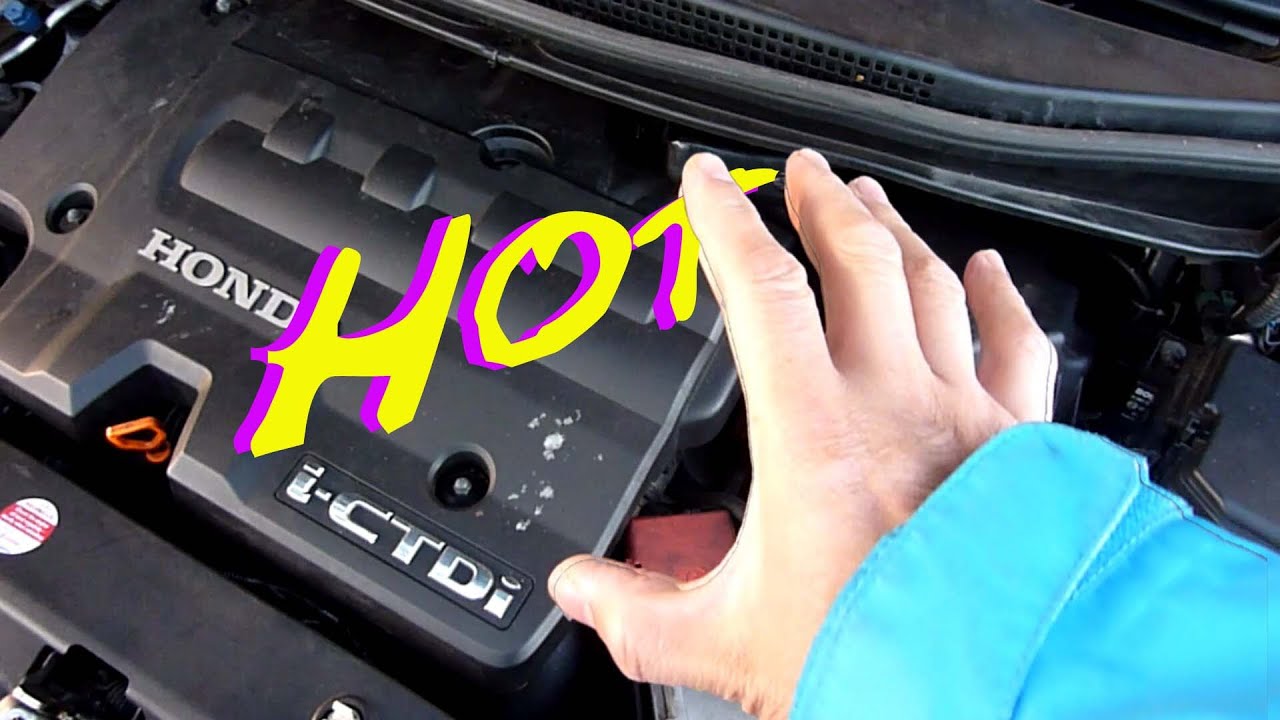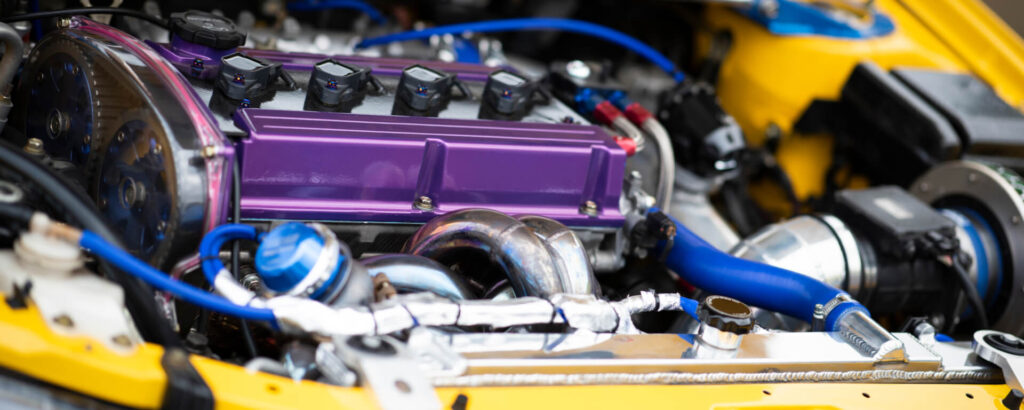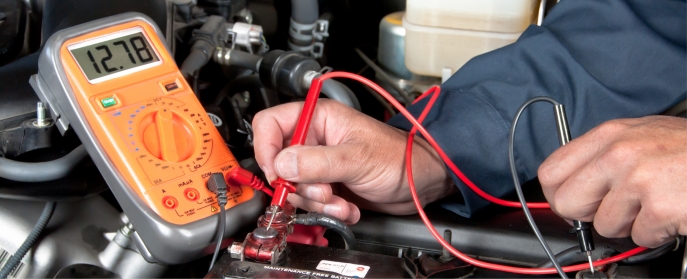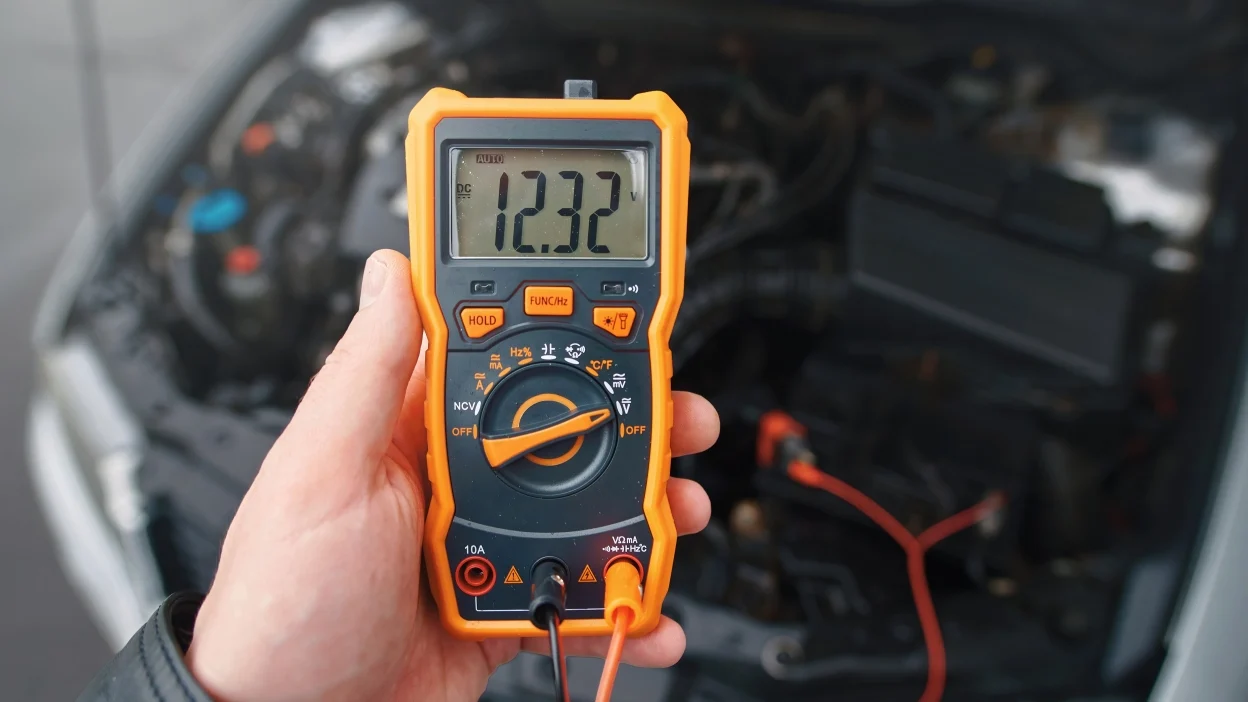Your engine bay is hot primarily because the engine generates heat while running, which is a normal byproduct of the combustion process. A particularly hot engine bay might indicate cooling system issues or excessive load on the engine.
Understanding why your engine bay is getting too hot requires a grasp of basic automotive functions and components. The engine, during operation, converts fuel into motion, a process that inherently produces heat. A well-functioning cooling system, which includes a radiator, fans, coolant, and a network of hoses, is crucial in dissipating this heat.
Nevertheless, issues such as low coolant levels, a clogged radiator, or a failing water pump can disrupt this balance, causing the engine bay to retain more heat than usual. Regular maintenance checks and addressing any overheating symptoms early can prevent damage to your engine and keep your engine bay’s temperature in check. Remember, while some heat is expected, excessive heat should prompt a thorough inspection to ensure your vehicle’s longevity and safety.
Normal Engine Heat Emission
An engine bay emanates considerable heat due to the combustion process that powers the vehicle. Excessive heat, beyond typical levels, might indicate potential mechanical issues requiring attention.
How And Why The Engine Bay Generates Heat
- Combustion Cycle: Each cycle of the engine involves intake, compression, power, and exhaust strokes that produce heat.
- Friction: Mechanical parts moving against one another result in heat generation.
- Radiant Heat: Heat from the combustion process radiates into the surrounding areas of the engine bay.
Factors Contributing To The Heat
| Factor | Contribution to Heat |
|---|---|
| Engine Load | High-speed driving or towing increases heat production. |
| Ambient Temperature | Hot weather can compound the engine’s heat levels. |
| Cooling System Efficiency | An inefficient cooling system may fail to dissipate heat adequately. |
| Exhaust System Design | Restricted airflow can prevent heat from escaping the engine bay. |
Warning Signs Of Engine Overheating
Before the needle on your dashboard alerts you to a problem, your engine may already be suffering from excessive heat. Understanding the warning signs of engine overheating can save you from costly repairs and potential safety hazards. These signs often manifest in subtle ways before escalating into a visible issue. Knowing what to look for is crucial in maintaining the health and performance of your vehicle.
Identifying Abnormal Heat Emission
Indicators Of Potential Engine Overheating
- Temperature Gauge – This gauge escalates beyond the normal range, potentially entering the red zone.
- Check Engine or Temperature Light – A light on your dashboard that rarely comes on now glows persistently.
- Steam or Smoke – Steam or smoke billowing out from under the hood is not a good sign and suggests that coolant could be leaking and overheating.
- Unusual Smells – A sweet smell indicates leaking coolant, while a burning smell could suggest overheated oil or other fluids.
- Thumping Sounds – Overheating components, especially the cooling system, can cause thumping or ticking noises.
- Coolant Leaks – Puddles of coolant under the car indicate a leak that could lead to overheating if not promptly addressed.
- Reduced Engine Power – The engine may run roughly or struggle to maintain power as it overheats.
Causes Of Elevated Engine Bay Temperature
Elevated engine bay temperatures can result from a malfunctioning cooling system or obstructed airflow, often leading to overheating risks. Factors like a worn-out radiator, failing water pump, or a leak in the coolant system contribute to this excessive heat build-up.
Underlying Issues Leading To Excess Heat
- Coolant System Failures: Coolant leaks or a malfunctioning radiator can impede the system’s ability to absorb and dissipate heat adequately.
- Thermostat Dysfunction: If the thermostat sticks in the closed position, coolant won’t circulate properly, causing a build-up of engine heat.
- Faulty Water Pump: As the coolant’s circulator, a water pump in disrepair will dramatically affect the engine temperature.
- Inefficient Exhaust System: Blockages or leaks can prevent heat and gases from exiting the engine bay efficiently.
- Worn Out Heat Shields: Damaged or missing heat shields allow more heat to remain in the engine area instead of being deflected away.
Common reasons for the engine to run hot without overheating
Common Reasons For The Engine To Run Hot Without Overheating
An engine might run hot without showing signs of overheating on the gauge. This can be due to several non-critical issues that still warrant attention, such as:
| Reason | Description |
|---|---|
| Ambient Temperature | On particularly hot days, engine bay temperatures can elevate naturally but stay within a safe range. |
| Heavy Load | Carrying heavy loads or towing can cause the engine to exert additional effort, generating more heat. |
| Aggressive Driving | High-speed driving or aggressive acceleration can quickly raise the engine’s operating temperature. |
| Short Trips | Frequent short trips prevent the engine from reaching an optimal operating temperature, altering normal heat cycles. |
| Old Engine Oil | Oil that has broken down from age or contamination won’t lubricate as well, leading to increased friction and heat. |

Credit: canadiangearhead.com
Managing Engine Bay Heat
Excessive engine bay heat can stem from multiple issues, including inadequate cooling systems or blocked exhaust routes. Understanding these causes is vital for maintaining vehicle performance and preventing potential damage to components due to overheating.
Techniques And Products To Control Heat Emission
Effective thermal management in the engine bay is achievable through various techniques and products designed to minimize heat emission. Some solutions include:
- Heat-resistant materials: Employing components fabricated from materials that can withstand high temperatures.
- Heat shields: Installing reflective barriers that deflect heat away from sensitive areas.
- Ceramic coatings: Applying coatings on exhaust systems to lower surface temperatures.
- Ventilation: Improving airflow with vents or scoops to dissipate heat.
- Cooling systems: Enhancing the radiator and adding auxiliary coolers for the transmission and oil.
Preventive Measures For Reducing Engine Bay Temperature
A proactive approach to managing heat in your engine bay can mean the difference between a smooth-running engine and costly repairs. Consider this list of preventive measures:
- Maintain the cooling system: Regularly check for leaks and ensure the coolant is at the appropriate level.
- Inspect the thermostat function: Ensure it opens and closes at the correct temperatures to regulate engine heat.
- Clean the radiator: Keep it free of debris to allow proper heat dispersion.
- Inspect belts and hoses: Look for signs of wear and ensure they are functioning correctly.
- Check for exhaust restrictions: A clogged muffler or cat converter can cause excessive heat due to back pressure.
Frequently Asked Questions
Is It Normal For An Engine Bay To Be Hot?
Yes, it’s normal for an engine bay to be hot as engines generate heat during operation.
Why Is My Engine Bay Hot But Not Overheating?
An engine bay can feel hot due to normal engine operation and heat dissipation, even if the car isn’t overheating.
How Do You Reduce Engine Bay Heat?
To reduce engine bay heat, install a heat shield, use a vented bonnet, apply thermal wraps to exhaust components, upgrade to a high-flow radiator, and consider water-methanol injection systems.
Should My Car Engine Be Hot To The Touch?
Your car engine will normally be hot to the touch after use due to normal operation.
Conclusion
Understanding why your engine bay runs hot is crucial for vehicle maintenance. Regular checks can prevent future problems. Remember, excessive heat may indicate issues needing swift action. Stay alert for any signs of overheating and consult a professional if necessary.
Keep your car’s cooling system in top condition, ensuring a smoother, safer drive every time.





Leave a Reply